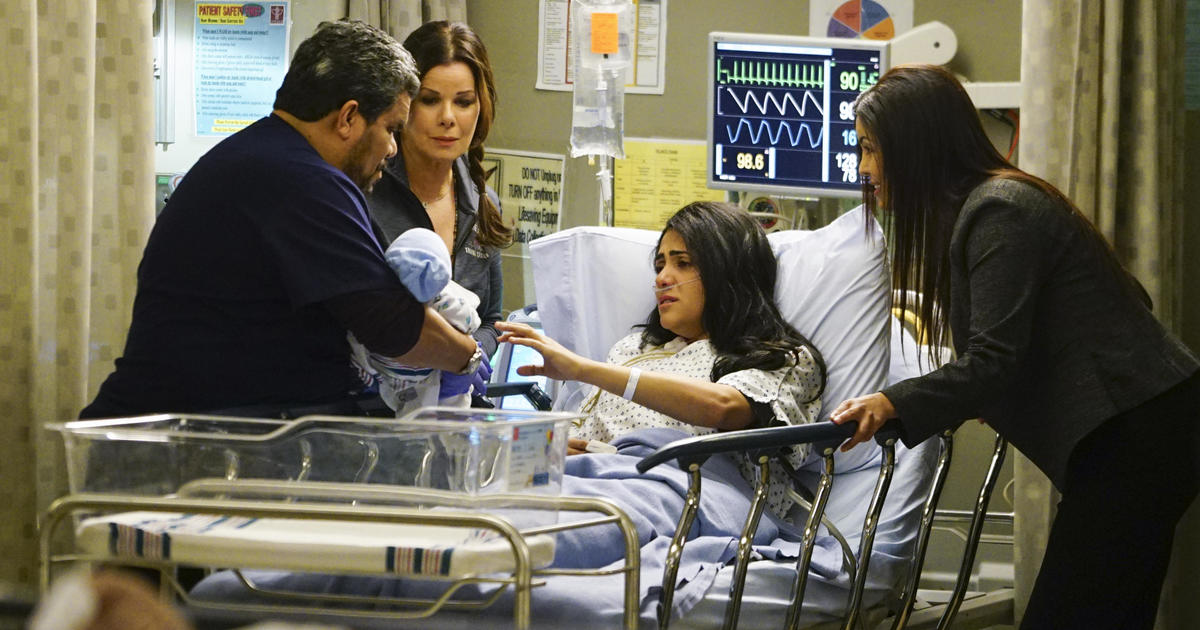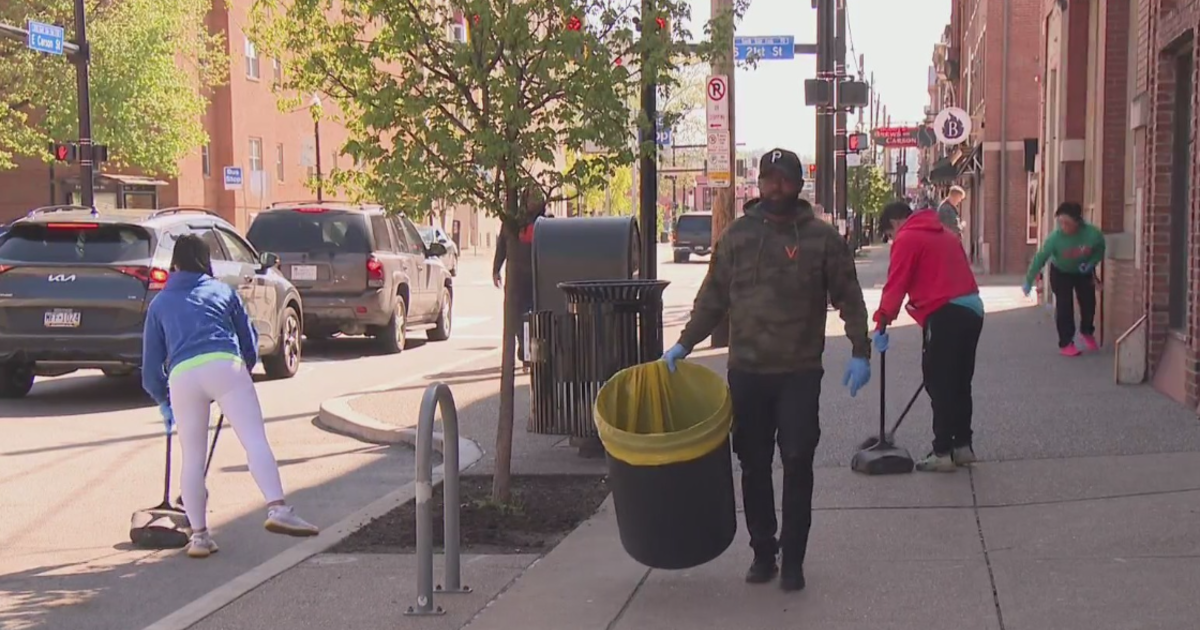Millions Who Think They Are Allergic To Penicillin May Not Be
PITTSBURGH (KDKA) - For years, millions of Americans have been told they have an allergy to penicillin.
As it turns out, many of them actually do not.
So, why were they told that and how can you get to the bottom of whether you're allergic to it?
One in ten people carry this label, based on some distant, childhood event. But, was it a true penicillin allergy with hives or anaphyllaxis?
"The history is often very vague. There may have been a rash, there may not have been. And sometimes it's gastric upset, or a number of things," Dr. James D'Angelo said.
This is a problem when someone is suddenly sick with an infection that would respond well to penicillin.
When someone has the allergy listed, doctors often have to use different antibiotics that kill more than just the bacteria they're trying to target. This can be harmful to the patient, who can have intestinal complications.
"The more we use these broad spectrum agents, the more we're running out of options to treat these very aggressive bacteria," Dr. Thomas Walsh said.
Because blood tests can take a week, skin testing at the bedside may be the most efficient option to figure out whether or not you have a true penicillin allergy.
But, doing urgent skin testing can be a problem. Calling an outpatient allergy specialist into the hospital, using supplies from outside the hospital, and patients on medicines that interfere with a reaction can be barriers to testing.
"To this day, it's on my chart that I'm allergic to penicillin, and I'm not really sure if I am," Marianna Hegedus said.
If you have a history of this allergy, it would be better to have the assessment done *before you get sick.
"They just feel like little pokes on you. There's no needles, there's no scratches. If you are allergic, you'll develop a little red bump within 15 to 20 minutes. That's all it is," Dr. Deborah Gentile said.
Some hospitals are training certain staff, such as medical residents, infectious disease physicians, and pharmacists to do the bedside evaluations.
"A little nervous at first, being a pharmacist. Know I'm going to do an exam, testing patients, kind of out the normal for a pharmacist. A little nervous, but also kind of excited to learn how to do it," West Penn Hospital Clinical Pharmacist Derek Bremmer said.
Complete testing may take a few visits and up to a half a day. When you go to your primary care doctor, you often have more pressing concerns.
Even with a documented lack of an allergic response, the label often persists in the medical record -- electronic or otherwise.
"There's this fear of a reaction, or in the case of the physician, litigation,"
Skin testing establishes the presence or absence of an allergy 90 percent of the time. To get to 99 percent, an actual oral challenge has to be done.
In other words, you have to take the penicillin by mouth to see if you have a reaction.
Join The Conversation On The KDKA Facebook Page
Stay Up To Date, Follow KDKA On Twitter



